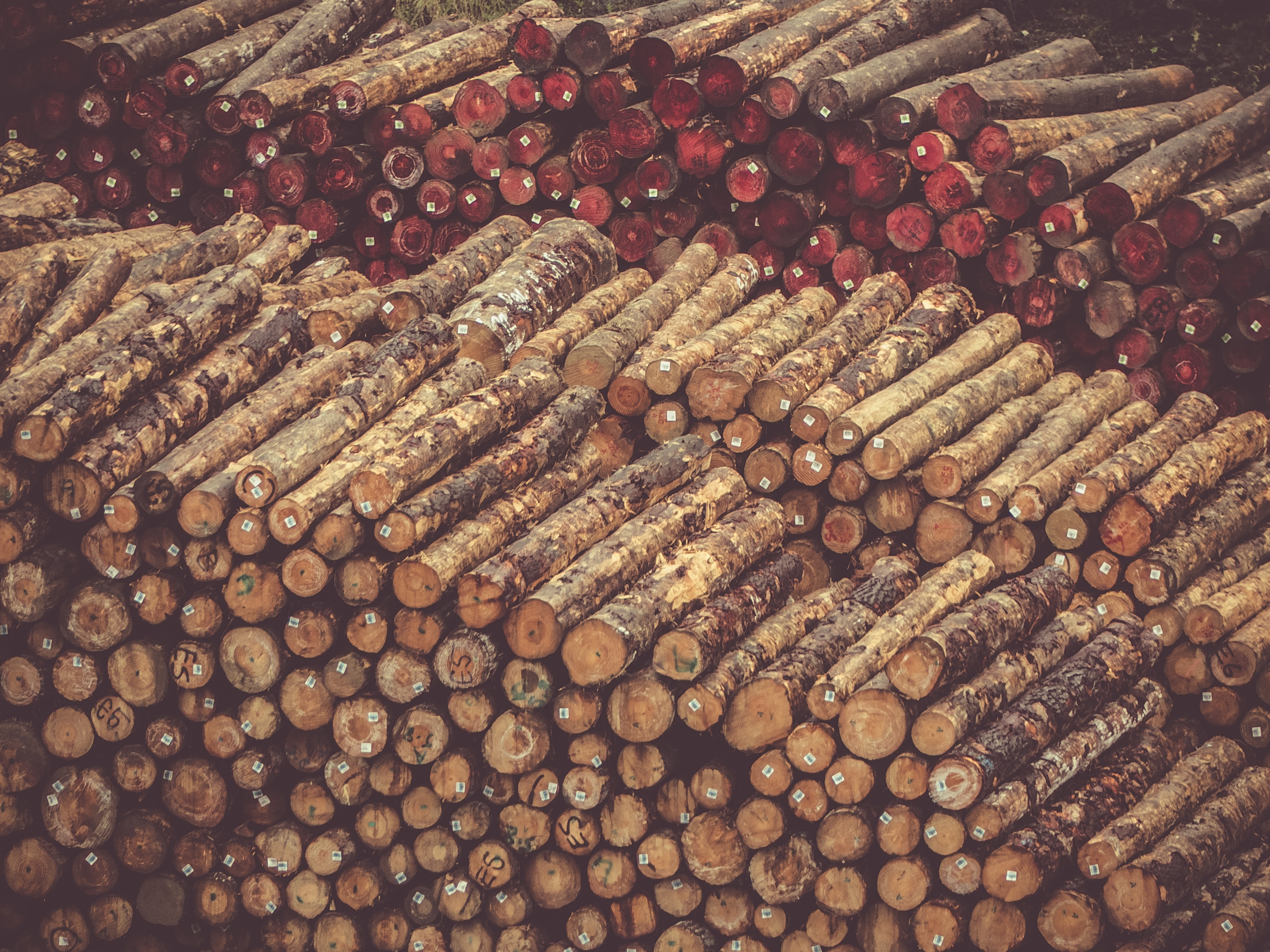Members of the United Steelworkers Local 1-1937 have voted to take strike action against Western Forest Products.
The strike vote was 98.8 percent in favour of taking action against Western for what Union President Brian Butler is calling dismissal of the issues facing union members.
He said Western is introducing concessions, including attacking member pensions, reducing vacation time and reducing job security.
Also at issue are mill shutdowns in Cowichan Bay, Duke Point, and Saltair, the one in Saltair runs through next week.
Western also cut the graveyard shift at the Chemainus mill recently.
Effective at 3:45 Friday afternoon, the local union issued a 72-hour strike notice to Western.
In a statement issued to Juice FM earlier this month, Western’s Labour Relations Director Roger MacDougall said “a strike vote happens in most collective bargaining situations, it’s business as usual for us at this time.






